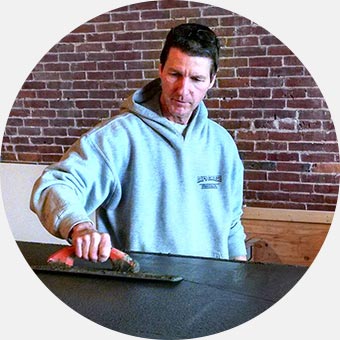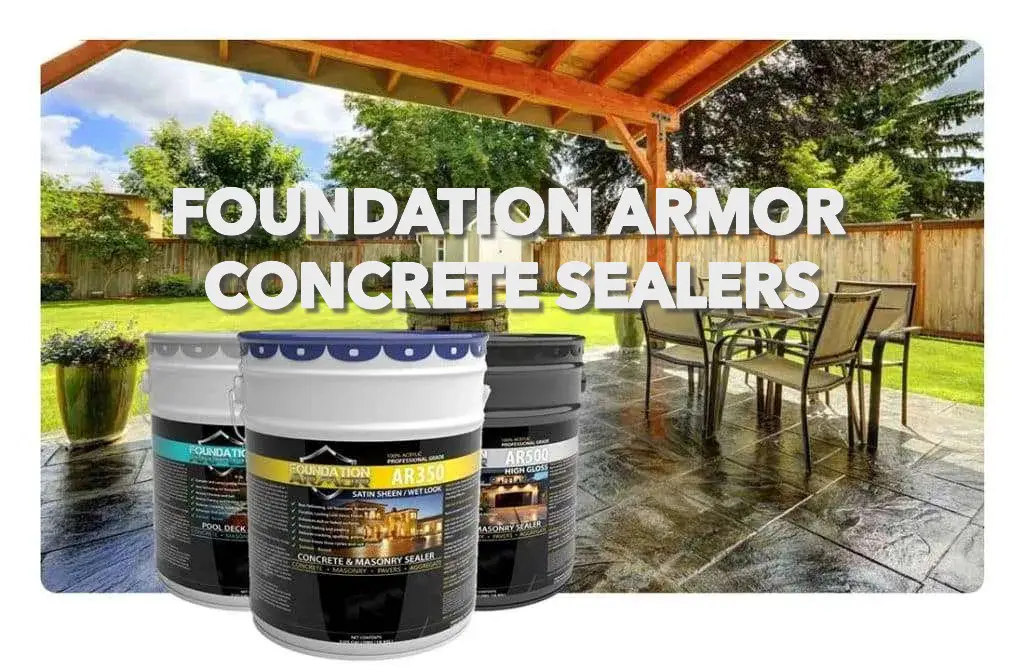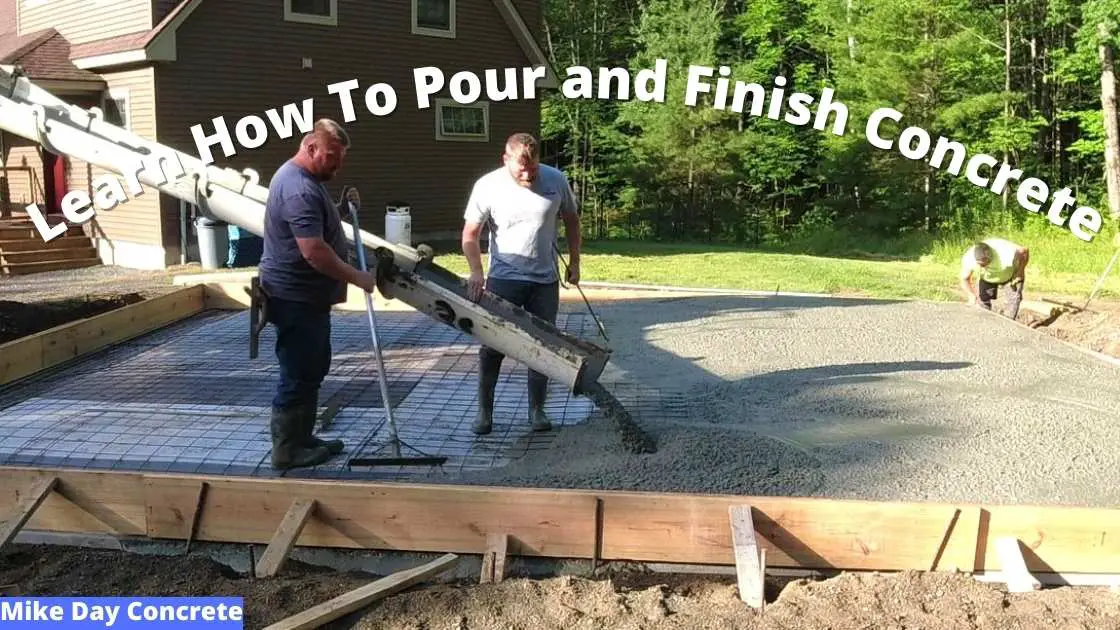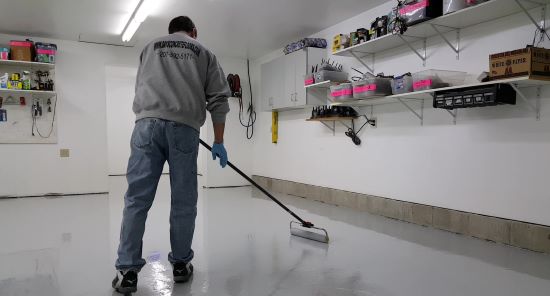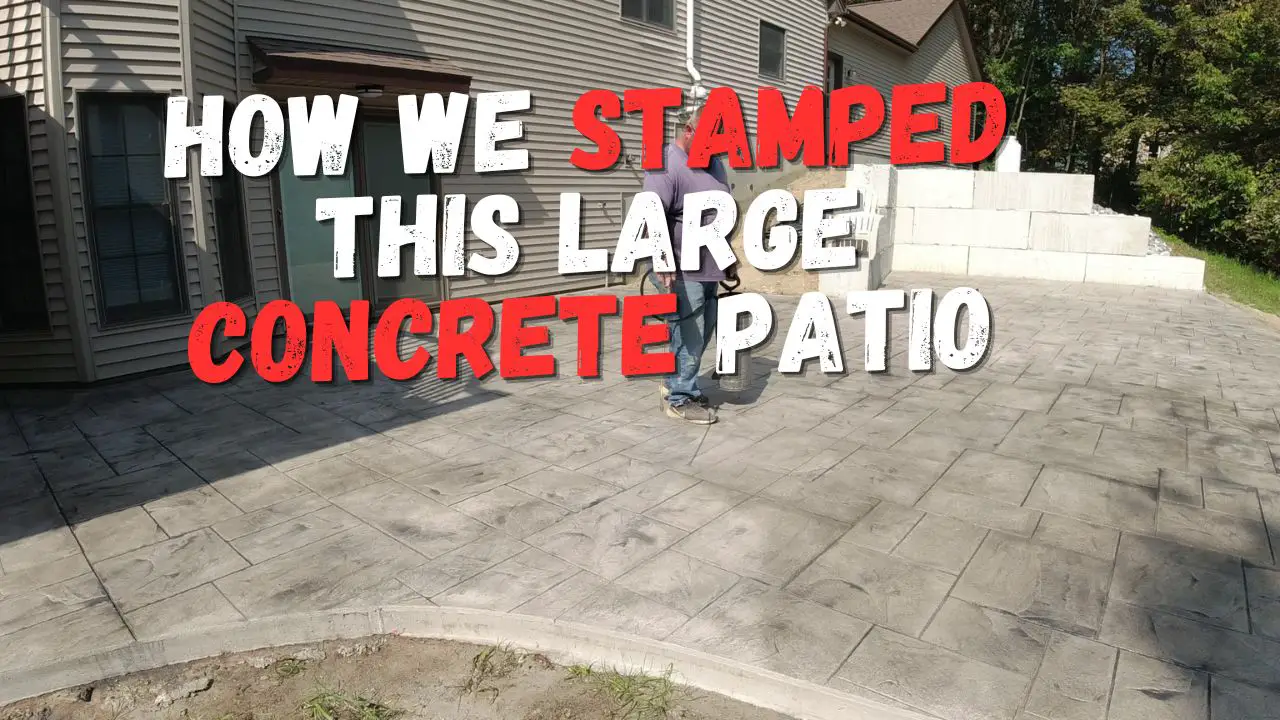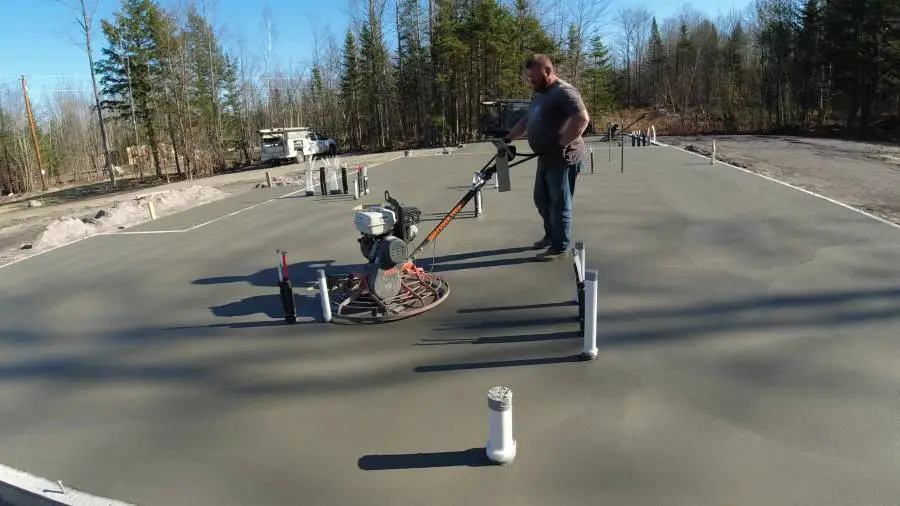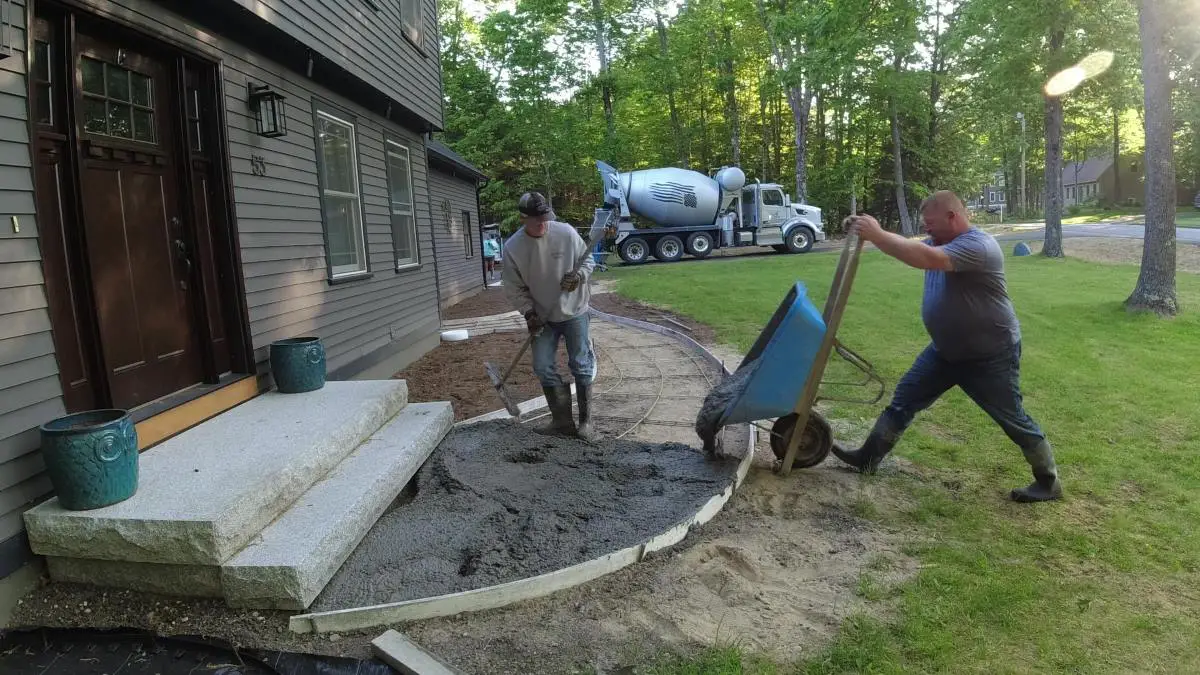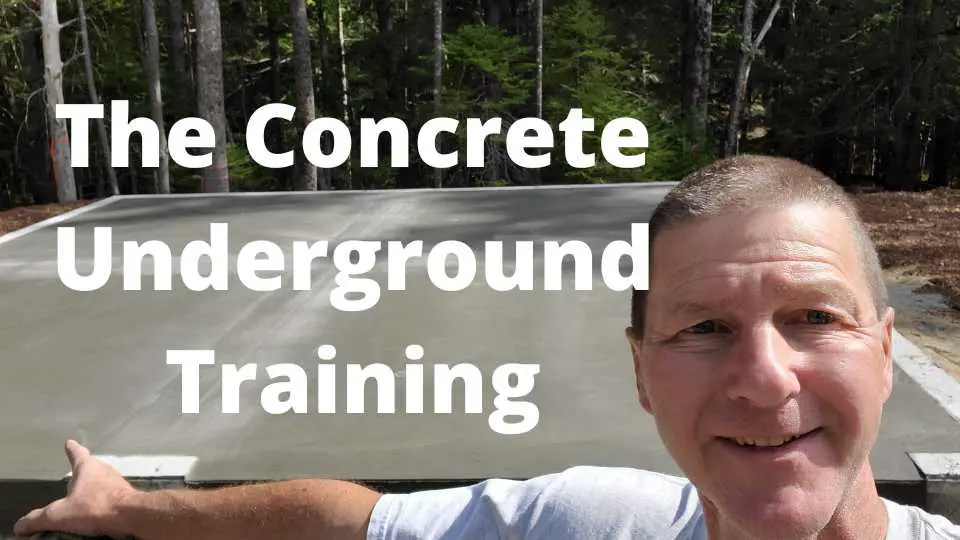Best Concrete Deicer
What is the best concrete deicer?
If we're talking about pure melting power, then the best deicer for concrete is calcium chloride. Calcium chloride will melt snow and ice on concrete in temperatures as low as -25 degrees Fahrenheit.
When you are looking for the best concrete deicer, you have to take into consideration your environment, temperatures, and the corrosive properties of the melting agent. Calcium Chloride will melt snow and ice the quickest, but may not be the best choice for your situation. Below, I talk about different types of deicing salts for different situations.
How calcium chloride melts ice and snow on concrete
Calcium chloride is a hygroscopic compound which means it absorbs moisture. When you apply calcium chloride to snow and ice, it absorbs the moisture and starts to dissolve.
The dissolving process is an exothermic process that generates heat up to 60 degrees Celcius (140F). The heat melts the snow and ice turning it into water. The dissolved calcium chloride mixed with the water quickly spreads over the ice & snow melting it and breaking the bond between the ice and the concrete.
Of all the concrete deicers on the market, calcium chloride will melt ice the quickest, it's less harmful to plant life than sodium chloride (rock salt), and less corrosive than sodium chloride.
Using calcium chloride to de-ice concrete can be quite expensive, a 50 pound bag cost around $18.00 dollars. If the temperature isn't too cold it may be more economical to mix calcium chloride with one of the other kinds of concrete deicers.
The important thing to remember when you use calcium chloride or any other concrete de-icing product is once the de-icing product melts the ice and snow on the concrete and turns it into slush, you should remove it from the concrete before the de-icer wears off and the slush re-freezes.
When you allow the melted ice & snow (slush) to sit on the concrete, it is absorbed by the porous concrete. When this liquid (melted snow) re-freezes in the concrete's pore structure it expands and can eventually pop the surface off and cause scaling.
It's not really concrete deicers that cause scaling on concrete surfaces, it's the melted snow and ice re-freezing over and over again on improperly cured and sealed concrete that causes scaling and pop-outs.
Best way to prevent damage from using deicers
Apply a penetrating silicate concrete sealer to completely block moisture from being absorbed into the concrete. So when the deicing material melts the snow and ice, the water runs off the surface instead of soaking into the concrete.
RadonSeal makes a great penetrating silicate sealer that penetrates up to 6 inches deep, depending on the porosity of the concrete. Once "inside" the concrete, it expands, blocking all the pores and waterproofing the concrete. This sealer never "wears off", it becomes a permanent part of the concrete.
If no water can penetrate the concrete, then no damage from freeze/thawing will occur.
Other types of concrete deicers:
MAGNESIUM CHLORIDESome people consider this the best overall concrete deicer. It is safe to use around plants and less corrosive than most other concrete deicers. It only melts snow and ice effectively in temperatures down to 5 degrees Fahrenheit (-15C).
Magnesium chloride is hygroscopic like calcium chloride, it dissolves very quickly forming a brine solution, melting snow and ice very quickly. It does cost more than sodium & calcium chloride, but is more environmentally friendly.
Sodium chloride or more commonly known as rock salt is relatively inexpensive and a very popular ice melting agent for concrete.
It also forms a brine solution (salty water) when it comes into contact with ice and snow that quickly spreads over the surface it's applied to and works good in temperatures as low as 24 degrees Fahrenheit (-9C). It is more corrosive and harmful to plant live compared to other concrete deicers.
This concrete deicer is non-corrosive and friendly to plant life. It is safer to use on concrete that contains rebar or wire mesh. It works much slower than calcium chloride and only melts snow and ice in temperatures down to 12 degrees Fahrenheit.
Considered the most environmentally friendly concrete deicer. CMA is a combination of dolomitic lime and acetic acid (the principle component of vinegar). CMA is considered no more corrosive than tap water and does not harm vegetation or ponds, lakes, and streams.
CMA was produced for new concrete less than 2 years old. CMA will melt snow and ice effectively in temperatures down to 20 degrees Fahrenheit (-7C).
What is a good pet safe ice melter?
Return from Best concrete deicer to Concrete deicers
Return from Best concrete deicer to Everything About Concrete Home Page

